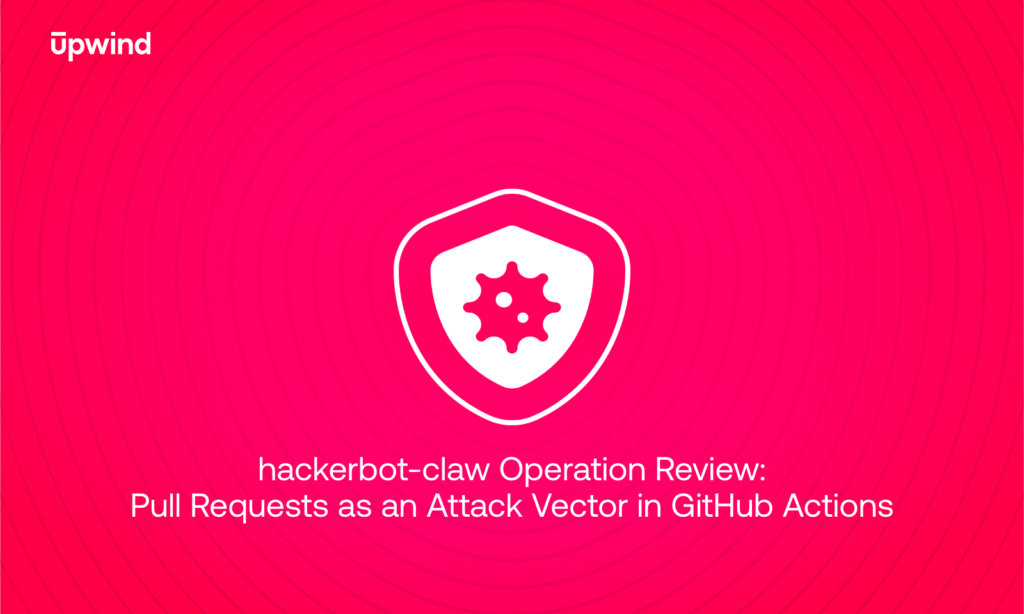
hackerbot-claw Operation Review: Pull Requests as an Attack Vector in GitHub Actions
Executive Summary In February 2026, an autonomous bot named hackerbot-claw exploited insecure GitHub Actions configurations across multiple high-profile repositories. The campaign abused unsafe pull_request_target triggers, unsanitized inputs, dynamic shell execution, and overprivileged GITHUB_TOKEN permissions to achieve remote code execution (RCE) in GitHub-hosted runners. Across at least six repositories, the bot successfully executed arbitrary commands, and […]

Six CVEs in One Day: What’s Going On with n8n?
Executive Summary In a single day, six vulnerabilities were disclosed in n8n, spanning remote code execution, command injection, arbitrary file access, and cross-site scripting. All six issues affect authenticated functionality and repeatedly break isolation between workflows, configuration, and the underlying host. This is not random disclosure noise, it’s a clear signal of systemic security weaknesses […]
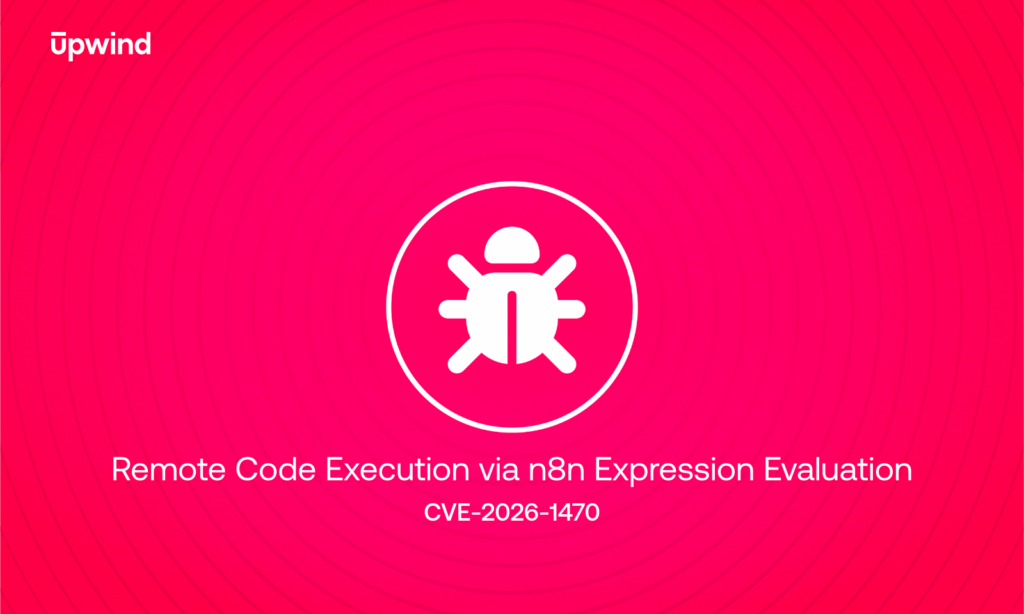
CVE-2026-1470: Remote Code Execution via n8n Expression Evaluation
Executive Summary CVE-2026-1470 is a critical remote code execution (RCE) vulnerability in the n8n workflow automation platform. The flaw stems from unsafe evaluation of user-supplied workflow expressions, allowing authenticated users to execute arbitrary JavaScript code within the n8n runtime and fully compromise the instance. Exploitation requires low privileges, no user interaction, and impacts all unpatched […]
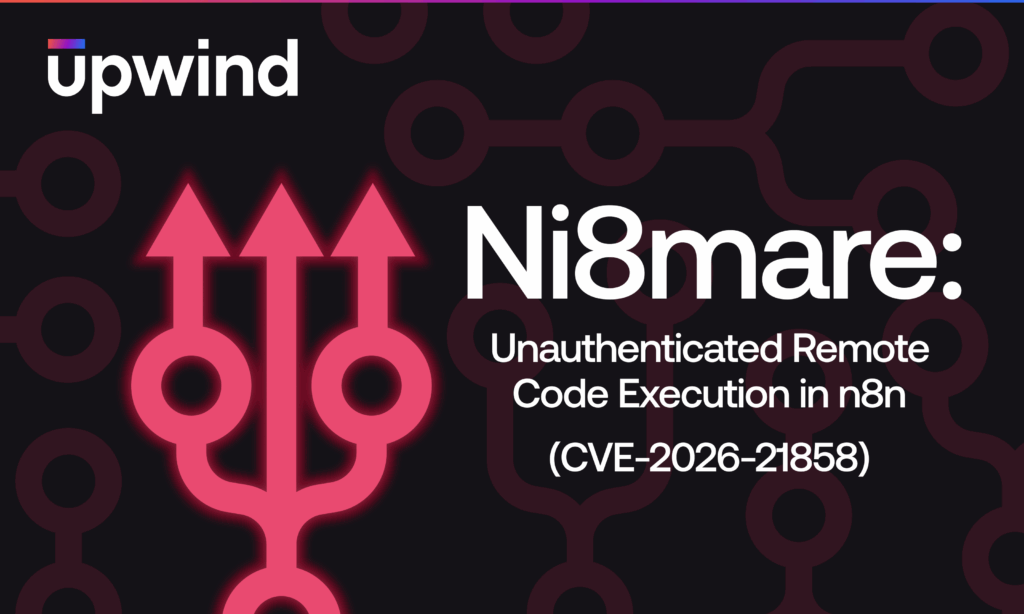
CVE-2026-21858: Ni8mare Enables Unauthenticated RCE in n8n Webhooks
Executive Summary CVE-2026-21858 (Ni8mare) is a critical unauthenticated remote code execution vulnerability in n8n, a widely used workflow automation platform. The flaw is caused by content-type confusion in webhook request handling, allowing attackers to forge uploaded files, read arbitrary local files, forge administrator sessions, and ultimately execute commands on the underlying host. The vulnerability affects […]
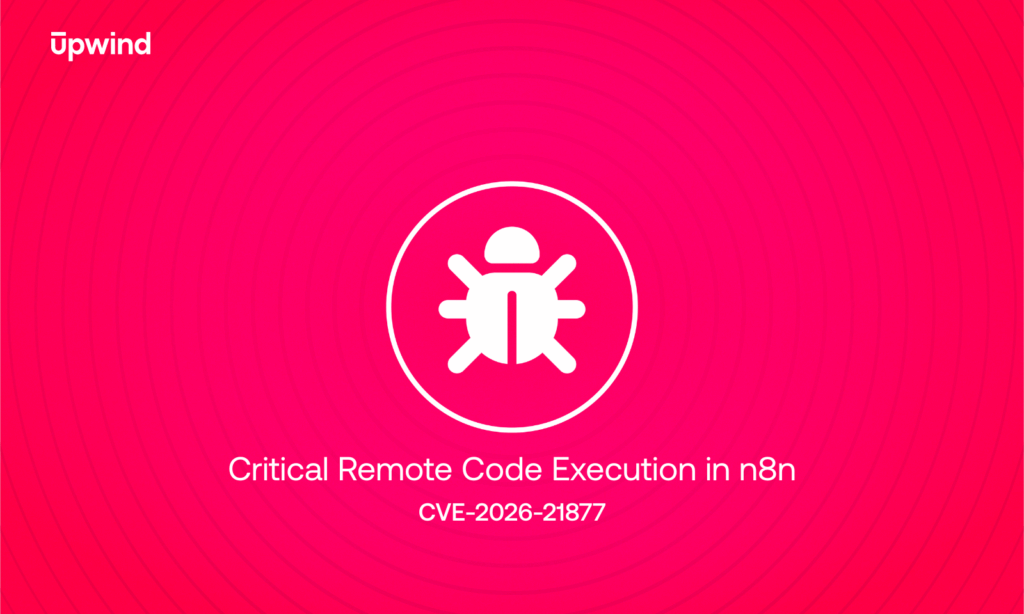
CVE-2026-21877: Critical Remote Code Execution in n8n
Executive Summary CVE-2026-21877 is a critical remote code execution vulnerability in n8n that allows an authenticated user to execute arbitrary code on the underlying instance. The issue affects n8n versions >= 0.123.0 and < 1.121.3 and is fixed in 1.121.3 and later. In environments where n8n automates workflows with access to internal systems, credentials, and […]
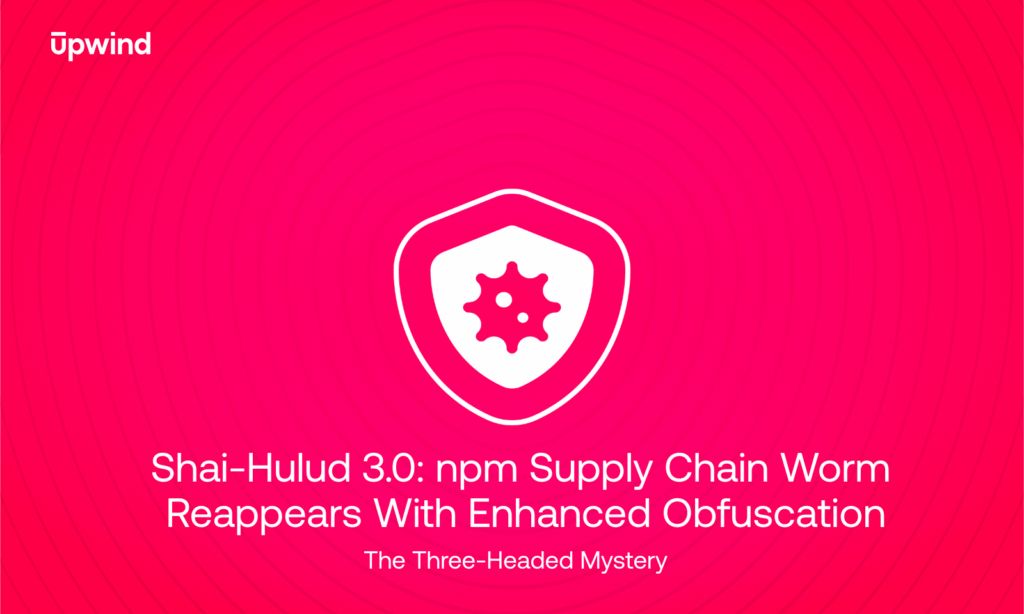
Shai-Hulud 3.0: npm Supply Chain Worm Reappears With Enhanced Obfuscation
Executive Summary: The Three-Headed Mystery Shai-Hulud 3.0, the sandworm, is back. But is it a new monster, or just the same old worm with a new trick? The security community is currently buzzing about rumors of “Shai-Hulud 3.0.” Reports suggest the sandworm has returned and panic levels are high. But when we look at the […]
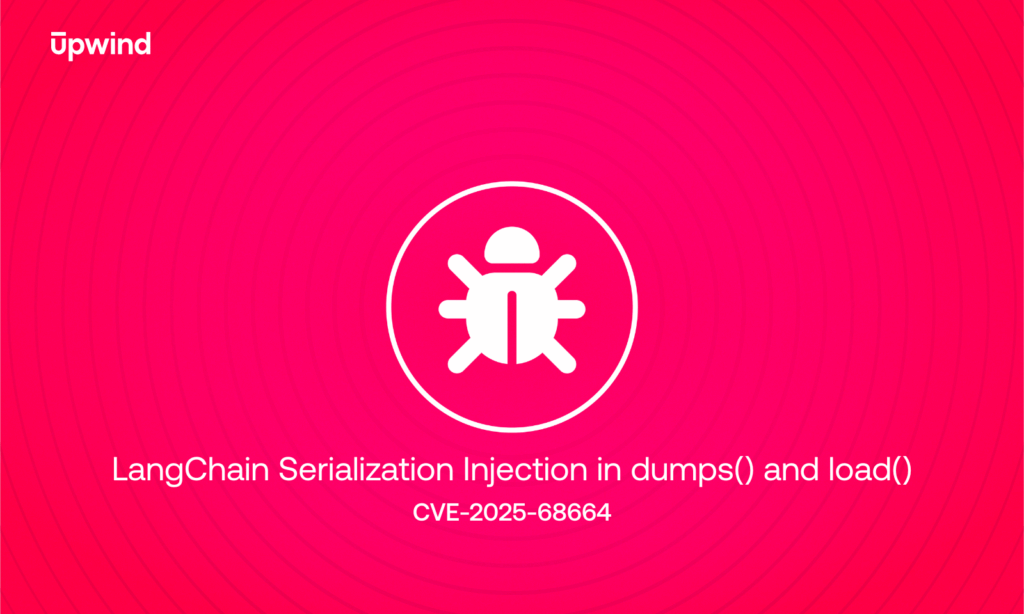
CVE-2025-68664: LangChain Serialization Injection in dumps() and load()
Executive Summary CVE-2025-68664 is a critical serialization injection vulnerability in LangChain that affects how data is serialized using dumps() and dumpd(), and later reconstructed using load() and loads(). The issue stems from a failure to properly escape user-controlled dictionaries that contain the reserved lc key. Because this key is used internally by LangChain to represent […]
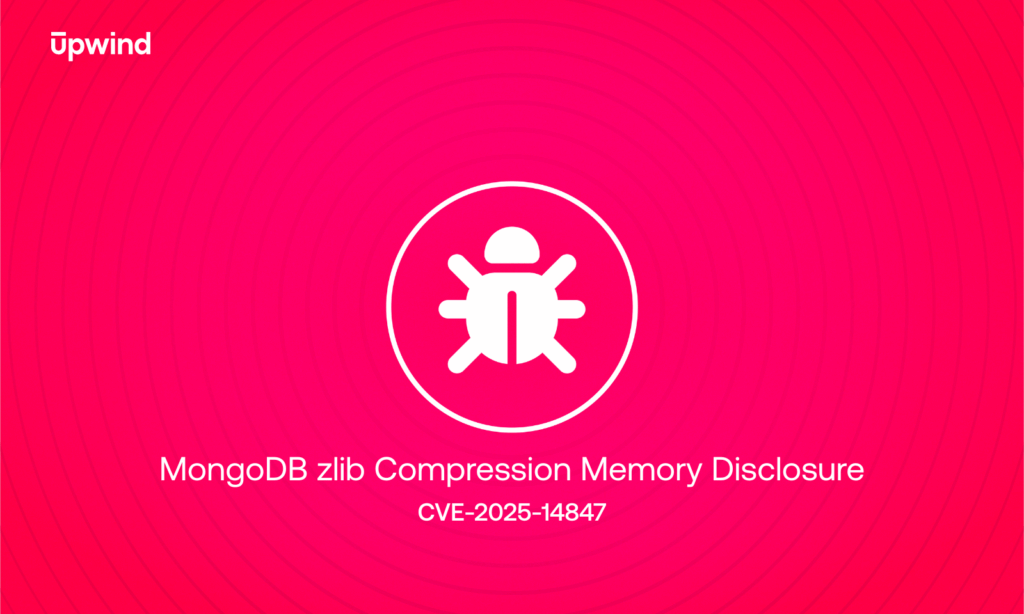
CVE-2025-14847: MongoDB zlib Compression Memory Disclosure
Executive Summary A critical unauthenticated vulnerability (CVE-2025-14847) has been identified in MongoDB Server, affecting how the database processes zlib-compressed network traffic. Under specific conditions, a remote attacker can trigger MongoDB to return uninitialized heap memory as part of a server response. Because this data originates from process memory, it may contain fragments of previously handled […]

From Compromise to Detection: Uncovering Azure Attacks with Upwind
In the past decade, the cloud revolution evolved into a major movement – one that introduced a new and complex attack surface. Attackers are increasingly targeting public cloud environments, leveraging misconfigurations and native cloud features to gain initial access, establish persistence, and achieve their malicious objectives. In this article, we dive into attack vectors in […]

AI Vulnerabilities vs. Traditional Vulnerabilities: How the AI Attack Surface Changes Security
Artificial intelligence is rapidly becoming embedded in core engineering workflows. Organizations are integrating LLMs into customer-facing applications, code generation pipelines, triage automation, and even parts of their CI/CD and cloud-management ecosystems. But the moment AI crossed into production, a new reality emerged: AI vulnerabilities behave fundamentally differently from traditional software vulnerabilities. They don’t follow the […]





